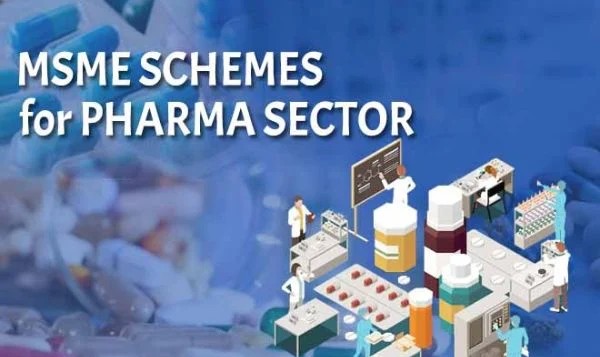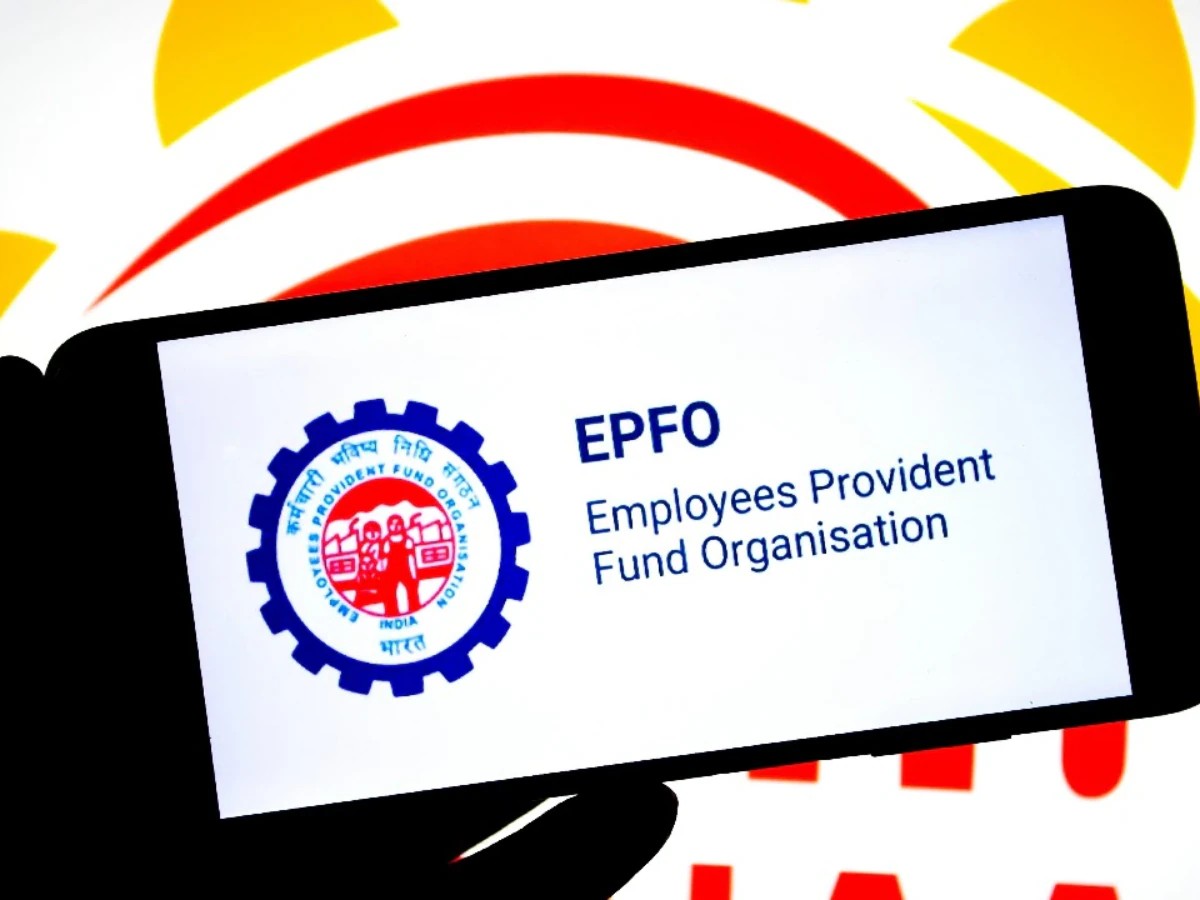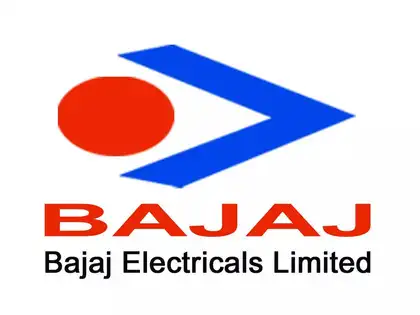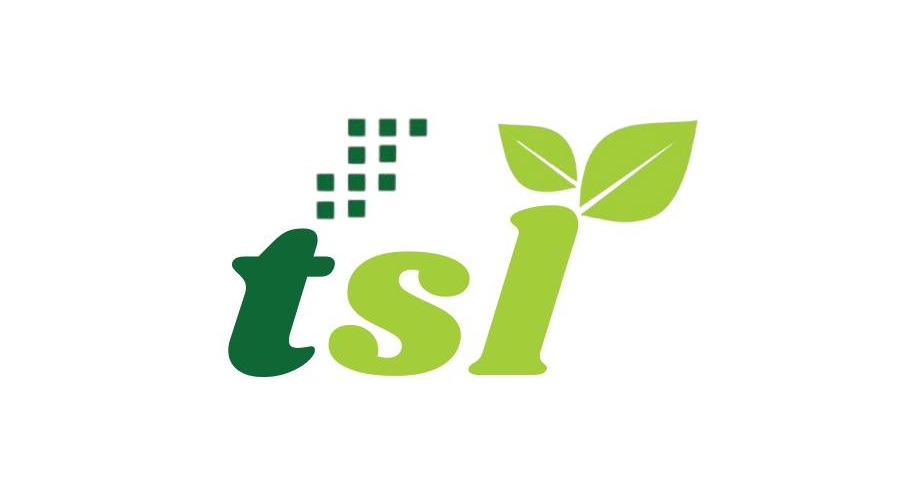
Follow WOWNEWS 24x7 on:

The pharmaceutical industry, especially small and medium enterprises (MSMEs), is sounding the alarm over the stringent and abrupt timeline imposed by the Central Drugs Standard Control Organization (CDSCO) to comply with revised Good Manufacturing Practices (GMP). The accelerated deadline to implement these enhanced manufacturing standards has triggered widespread concerns about operational feasibility, financial strain, and the looming risk of closures, potentially impacting medicine availability in India and beyond.
Urgent Concerns On Compliance Deadlines
More than 20 pharmaceutical associations representing MSMEs have collectively appealed to Union Health Minister JP Nadda
Revised GMP requirements applicable to MSMEs must be implemented by January 1, 2026, a timeline deemed too short
Associations warn that nearly 4,000 to 5,000 manufacturing units could shut down due to inability to meet requirements financially
The regulations were notified with limited consideration of industry objections or suggestions
MSMEs with turnover under ₹50 crore have requested extension of the deadline to April 2027
Risk-based inspections reportedly target MSMEs disproportionately, intensifying compliance pressures
Impact On Small And Medium Drug Manufacturers
MSMEs form the backbone of India’s pharmaceutical manufacturing infrastructure but face significant hurdles adapting to the new standards. Strapped with existing debts, many companies lack the capital to invest in costly infrastructure upgrades and new equipment required by revised Schedule M regulations. Besides financial constraints, the procurement of specialized machinery and training on compliance protocols poses steep practical challenges.
This precarious situation places MSMEs at risk of shutdowns, which could lead to shortages of affordable medicines domestically and disrupt exports, thereby affecting public health and economic outcomes.
Industry Associations Seek Government Intervention
Industry bodies such as Laghu Udyog Bharti, Federation of Pharmaceutical Entrepreneurs, and various state pharmaceutical manufacturers’ associations have urged the government for a phased implementation and handholding support. They argue that current timelines reflect regulatory enforcement influenced by large corporates and multinational companies, disproportionately harming MSMEs.
Their appeals emphasize the need for dialogue, extensions in deadlines, and supportive measures including financial aid or incentives for MSMEs to meet standards without jeopardizing their operations.
Regulatory Changes And Compliance Requirements
The revised GMP norms align Indian standards more closely with World Health Organization requirements, aiming to improve drug quality, safety, and efficacy. These include changes to production and storage facilities, quality control processes, and documentation practices under Schedule M of the Drugs and Cosmetics Act.
While the regulatory intent focuses on safeguarding health outcomes, the fast-tracked timeline poses a dilemma between quality assurance and maintaining uninterrupted medicine supplies.
The Government’s Position And Industry Response
Government officials acknowledge the challenges and emphasize that sufficient time has been provided since initial notifications. However, the pressing need to address substandard manufacturing and improve India’s pharmaceutical reputation globally is underscored. The health ministry continues to monitor progress and encourages manufacturers to submit upgrade plans to the Central Licensing Authority promptly.
There have been temporary extensions for certain categories of companies and assurances of risk-based inspections to ensure fairness. Still, industry activists press for more nuanced and extended timelines to align with realistic investment and transformation capacities.
Looking Ahead: Balancing Regulation With Growth
The pharmaceutical sector stands at a critical crossroad, balancing tightened quality regulations with growth and competitiveness, particularly for MSMEs. A failure to implement revisions within the current timeline risks supply chain disruptions, job losses, and higher drug prices. Conversely, a measured rollout backed by government incentives could safeguard livelihoods and strengthen India’s stature as the “pharmacy of the world.”
Collaborative efforts between regulators, industry, and financial institutions will be crucial to navigate this transition effectively while upholding the twin goals of medicine safety and availability.
Sources: Economic Times, PharmaAdvancement, KNN India, India Briefing, CNBCTV18
Stay Ahead – Explore Now! Growth Holds, Momentum Eases: India’s Private Sector Expansion Slows In September Amid Softer Demand





